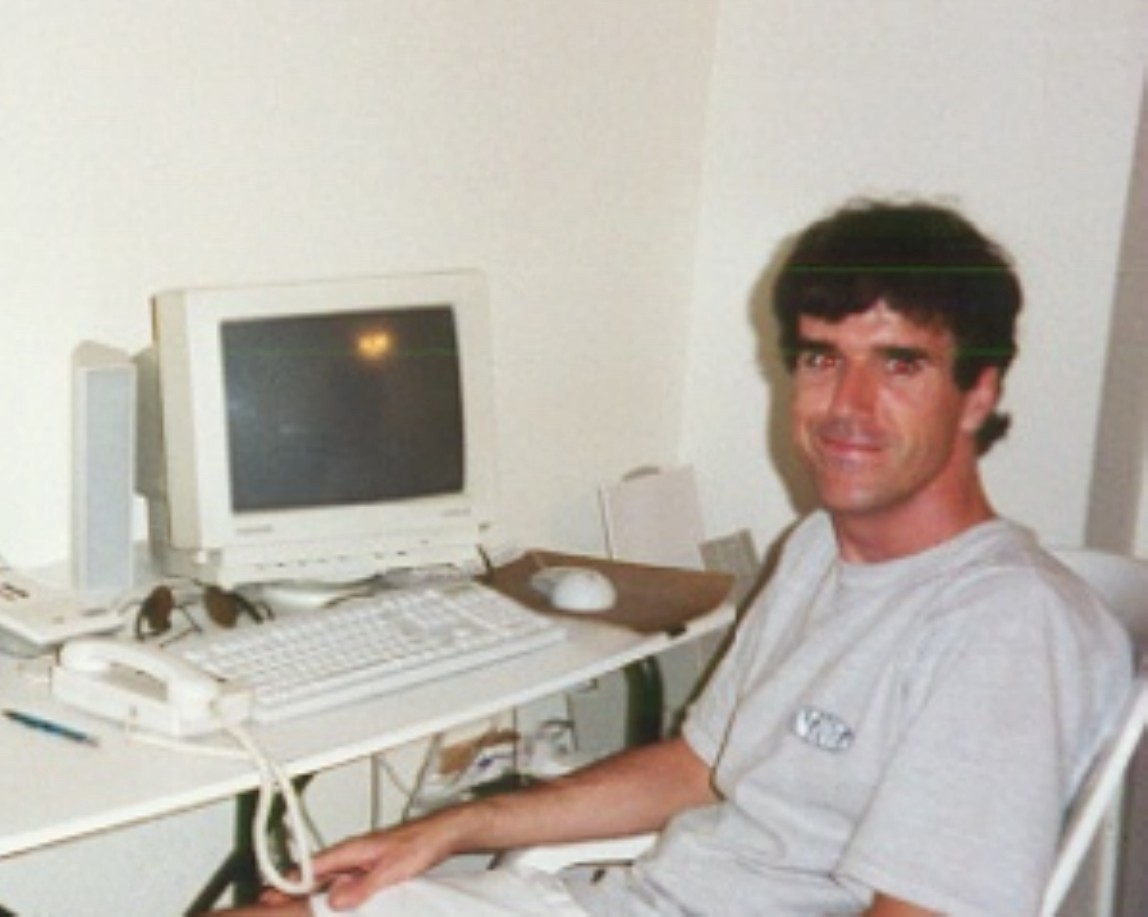
Reading 01: Hacking Culture
Levy largely described hackers as essentially “no-lifers” who spend their whole life and spirt dedicated to computers and nothing else, not even the simple shower. Through this lifestyle, these hackers lead groundbreaking innovations and create really neat stuff. Generally, these hackers focus more on stretching the limitations of the systems to make art and beauty, and less of the implications. This thematic “shunning” of all things not computation is characteristic of the Levy hacker. We discussed in class a large number of these true hackers don’t even do their computing coursework, as even that isn’t important when faced with the prospect of time on a machine.
To dive into this more, I personally found the Spacewar section to be fairly characteristic of the hacker with long programming sessions, collaboration, and free information. It started as a passion project where one was goaded by his friends to finally make the game and ended with countless hours and modifications from everyone around. This software was freely available for use for any reason at all. This was a big step forward technologically and seemingly way ahead of its time. I found it very interesting the hacker atmosphere and culture throughout this process, where all the hackers were excited and embraced contributions (as long as they aren’t crazy and unannounced). It was embraced by the community so much that it would ship on the PDP-1 for diagnostics. It seems from this that a “True Hacker” carries a passion for collaboration as well as the grind of programming. I found it funny that there was a falloff in some hackers’ enjoyment of the game when they stopped heavily programming it. This falloff represents, to me, that for most “True Hackers” the enjoyment heavily comes from the grind and the road along the way, and not the end program.
Another example I find of a “true hacker” is Terry Davis, creator of TempleOS. Though facing mental illness, the hacker mentality was strong with Davis. He basically worked nonstop on his operating system for a decade of his life. I won’t get too much into this, but I find Terry to be a great example of a more modern hacker.
I originally viewed a hacker or a “true hacker” as first the movie answer of a Mr. Robot type person, and second as someone who works on side projects or modifies an existing program to benefit others. The latter part of my definition is similar to Levy’s definition, however does not go as hardcore. I personally think a hacker need not spend their whole lives on the grind or show immense skill on the computer at the first touch of the keys. I found it interesting in the class discussion about the seeming dissonance between “our” idea of a hacker and Levy’s. It could be the changing environment and landscape, or perhaps ourselves, however there is a clear breakup in the idea of both inclusion and intensity. I feel that though the hacker mentality only holds people to their hacking ability, this largely can be exclusionary and toxic in some groups. If one has never touched a computer before coming to MIT, they would likely be shunned by the “true hackers”, though there is no tell of the ceiling of this person’s skill. Next, the idea of intensity, though previously touched on, is something I find so interesting that Levy fixates on. How can a hacker be so limited to those who only see computers? Having experiences outside of the technological world can ignite innovation in a way that reading manuals and studying the hardware cannot.
Thus, I find personally that a “true hacker” is not more than one who is curious and continuously seeks to grow to make cool things with computers. I don’t know why it has to be anything more than that. The idea of a “true hacker” to me is something I originally would have adored coming into college. The MVP or heroes of computing were people I looked up to when teaching myself to code when I was younger. Now, having spent years programming and working (summers) in industry, I find a lot of their lives to not resonate with me anymore. Though I find it impressive to be that dedicated, I find it not to be sustainable in practice and unhealthy for people to strive for. A lot of these hackers were toxic and not everyone can skirt burnout like these folks seemingly did.
Overall, I definitely do not find myself aspiring to be a “true hacker” anymore. I honestly don’t know when this shift in mentality came, but it has grown stronger and stronger as time passes. I don’t want to be an RMS, though their impact on computing was so strong. I think people like them are unsustainable and are talents that come few a generation. I know I will be happy making cool stuff while not necessarily knowing everything about the computer/program I use or making something limit stretching. A good long coding session is honestly a blast in the right setting, but the sacrifices around being Levy’s true hacker are so steep I don’t think I could do it. However, I would like to consider myself still a hacker. I create what I think are cool programs to fill my needs, and I love to work on projects alone or with others. I aspire to continue this work of side projects and keeping the passion of computers in my life as I go into industry.
- Sam